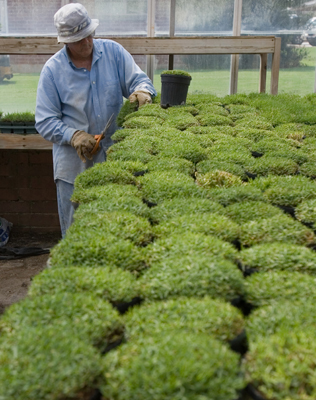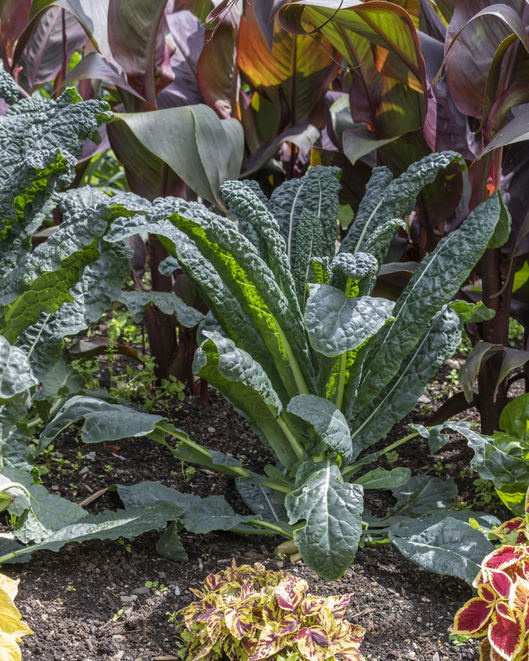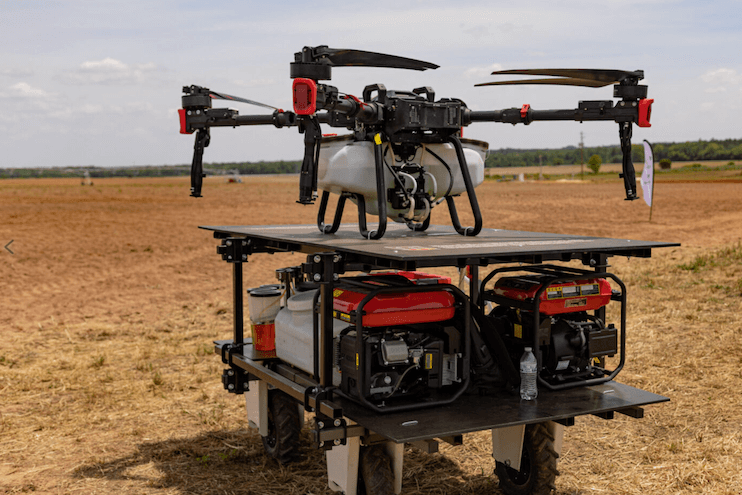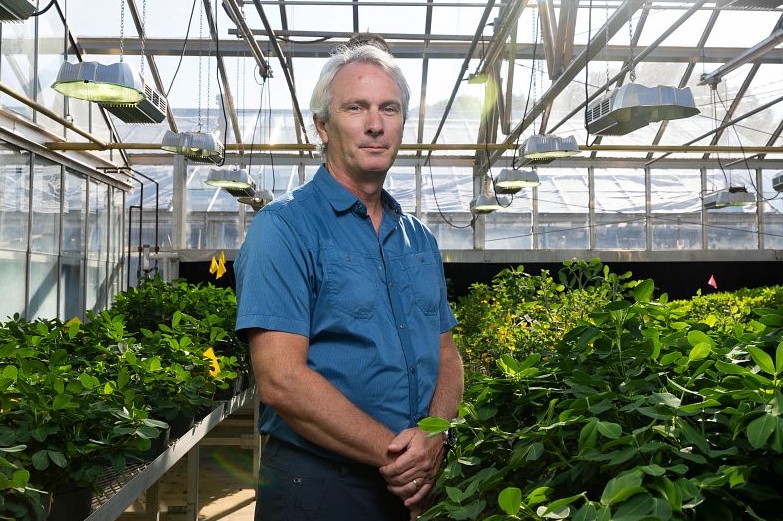Most gardeners know the secret to a successful garden is to start with good, nutrient-rich soil. University of Georgia researchers are using a USDA Specialty Crop Block Grant to test this theory on turfgrass.
UGA was awarded a two-year grant in 2011 through the Georgia Department of Agriculture. The goal of the project is to research ways to use less water to maintain lawns and landscapes in Georgia and to promote water saving landscaping methods among homeowners and green industry professionals.
On the research side, UGA scientists are looking at how incorporating organic matter into soil before planting affects the amount of water needed to maintain turfgrass. This June two separate composts were tilled into research plots on the UGA campus in Griffin. Compost in the research plots was added at the rates of 500, 1,000 and 2,000 pounds per 1,000 square feet. One control plot was tilled without adding compost, and another was neither tilled nor amended with compost.
Three species of turfgrass (JaMur zoysiagrass, TifGrand bermudagrass and TifBlair centipedegrass) were planted on top of the compost incorporation treatments.
“We will use the results of this study to refine pre-plant recommendations for installing turfgrass while improving water conservation,” said Clint Waltz, a UGA Cooperative Extension turfgrass specialist.
The Georgia Urban Ag Council, a partner on the grant project, will promote the availability of the water-saving recommendations to members of Georgia’s green industry. The council is a professional association that represents the state’s horticultural and landscape industries, which includes 7,000 companies and more than 80,000 employees.
UGA Extension turfgrass associate Becky Griffin has developed four trainings for landscape workers that focus on sustainable turfgrass. The 30-minute trainings cover turfgrass identification, cultural best management practices, irrigation and installation.
To date, more than 700 landscape workers in six counties have completed the trainings. Exit surveys show workers now pay more attention to mowing heights, sharpen mower blades more often and pull weeds when appropriate instead of applying herbicides.
“These practices result in healthier-overall turfgrass, which translates into possible water savings,” Waltz said.
For more information on planting and maintaining turfgrass in Georgia, see www.GeorgiaTurf.com or contact your local UGA Extension agent at 1-800-ASK-UGA1.








